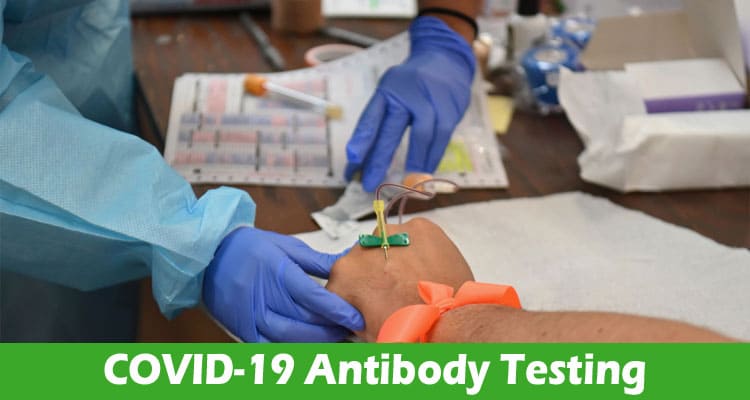During peak pandemic times, discussions around Antibodies grabbed everyone’s attention due to the frequent references made by scientists and researchers. For the uninitiated, the other term for it is immunoglobulin. Your immune system produces this protective protein in your body on detecting a foreign material or antigen. The savior protein identifies antigens and clings to remove them from your body. Antigens can be anything like insect venom, disease-causing viruses, bacteria, etc.
The working of Antibody
The immune response gets triggered when a foreign substance invades your body. Immunity works by recognizing the molecular composition of the antigens that tend to be different from a person’s body. The immunity system resorts to multiple antigen removal methods to remove them, of which antibody production is the most significant. B type of white blood cells produces antibodies by mimicking the antigens after clinging onto them. The other term for B cells is plasma cells. The identified antigens become neutralized as these cells spread all over the body. The process is vast and complicated to comprehend in its entirety.
The Significance of Antibodies for Scientists
Medicine and research give particular importance to antibodies. Antibodies derived from previously infected people or animals’ blood serums can be helpful for other people’s immunization. In this context, it’s interesting to learn that several platforms offer Custom ANTIBODY Production services for researchers to help them with their projects. The performed antibodies can tackle any event, such as tetanus infection, snakebites, and other microbes or toxins. When administered in vaccines, antibodies stimulate the immune system to destroy the foreign agents. Once issued, the stimulated B cells remain active, invading them anytime in the body.
The elite fighter against the COVID-19 virus
Some scientists gather blood samples from different labs worldwide to interpret immune cells’ response to SARS-CoV-2. Among them, antibodies have been prominent. Each Antibody consisting of B cells can be of a different form to attach to the targeted pathogen substance. As hinted, everyone’s antibodies are different, and even no two antibodies in the same person can be the same. During one of the studies, researchers found that an antibody identified as 1C3 showed immense potential to hinder the infection progress when attaching to the virus’s receptor. However, this Antibody is effective against BA.1 and BA.2 variants. Researchers also discovered the 1H2 antibody type. It is also effective against Omicron variants, but its invasion style differs from the previous one. Apart from them, Antibody 2A10 proved to be efficient against the latest variants like BQ1 and XBB.
Why was antibody testing during COVID-19 so crucial?
The tests helped locate the presence of antibodies in your bloodstream. As mentioned, immunity creates these proteins when your body encounters harmful bacteria and viruses. Even vaccines also produce them to fight ailments. When you took this test, the technicians tried to locate antibodies produced as a response to SARS-CoV-2. Positive tests indicated an infection, or the person took the vaccination.
The Antibody is a critical weapon against many bacteria and virus-induced diseases, not just COVID. That’s why clinicians dig into them more to understand how they can strengthen humans’ fight against illness or infection.


